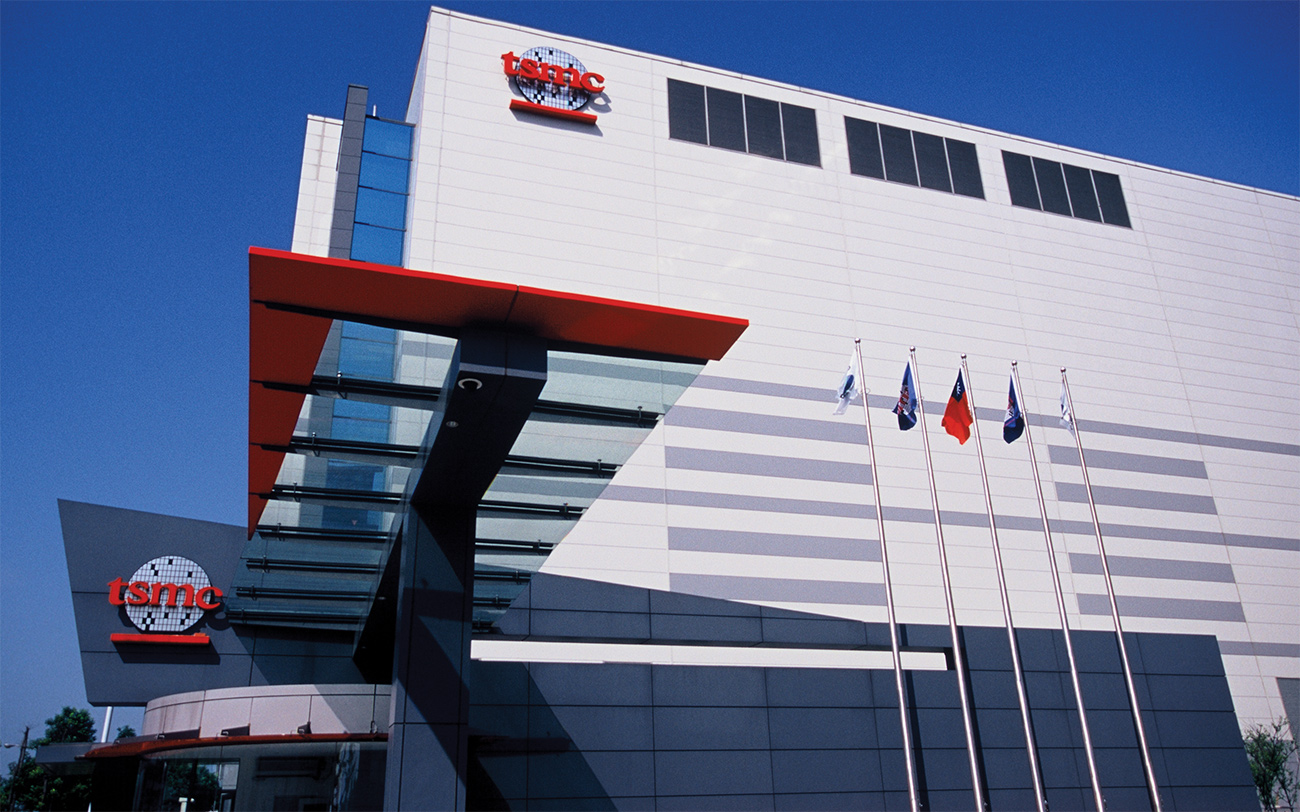TSMC to Get Permission for Chinese Fab Operations from U.S. Govt: Report
But only for one year.

Get Tom's Hardware's best news and in-depth reviews, straight to your inbox.
You are now subscribed
Your newsletter sign-up was successful
South Korea and the U.S. have agreed on a roster of sanctioned chipmaking equipment. This agreement is pivotal as it permits both Samsung and SK Hynix to sustain their Chinese operations and undertake minor technological updates without breaching the set guidelines. Of course, there's a caveat. If Samsung and SK Hynix pursue financial aid under the U.S. CHIPS & Science Act, their ventures in China will encounter restrictions.
Earlier this week, the U.S. government greenlit Samsung and SK Hynix to uphold their existing activities in China and import all the tools they need to China to keep their fabs competitive indefinitely. By contrast, the Biden administration is looking forward to granting a one-year permission for fab tools import to TSMC, the world's largest foundry, reports the Wall Street Journal.
TSMC will likely receive a waiver similar to the one it had been granted the previous year, permitting it to operate in China for another year. However, the U.S. has made it clear to the contract maker of chips that while it can run its current operations, any significant technological advancements of the Fab 16 are off the table for now. It is unclear whether advancements mean capacity upgrades, process technology upgrades, or both.
The U.S. administration has provided Samsung Electronics and SK Hynix an indefinite exemption from broad regulations prohibiting the export of advanced chipmaking tools to China. This means they can continue their operations without a hitch but with certain limitations. There is a lingering question about whether TSMC will be categorized as a 'validated end user' akin to the status given to Samsung and SK Hynix. The significance of this designation is that it does not come with a specified expiration, offering a degree of operational security to the firms.
Get Tom's Hardware's best news and in-depth reviews, straight to your inbox.

Anton Shilov is a contributing writer at Tom’s Hardware. Over the past couple of decades, he has covered everything from CPUs and GPUs to supercomputers and from modern process technologies and latest fab tools to high-tech industry trends.